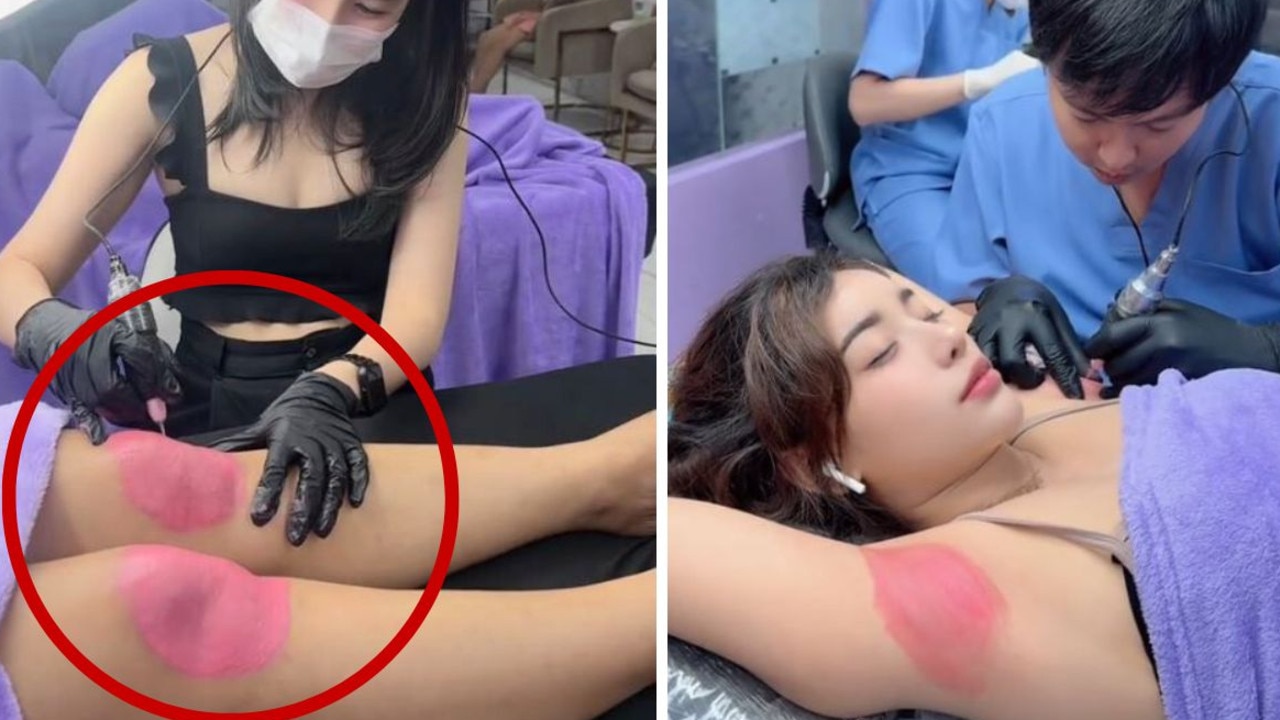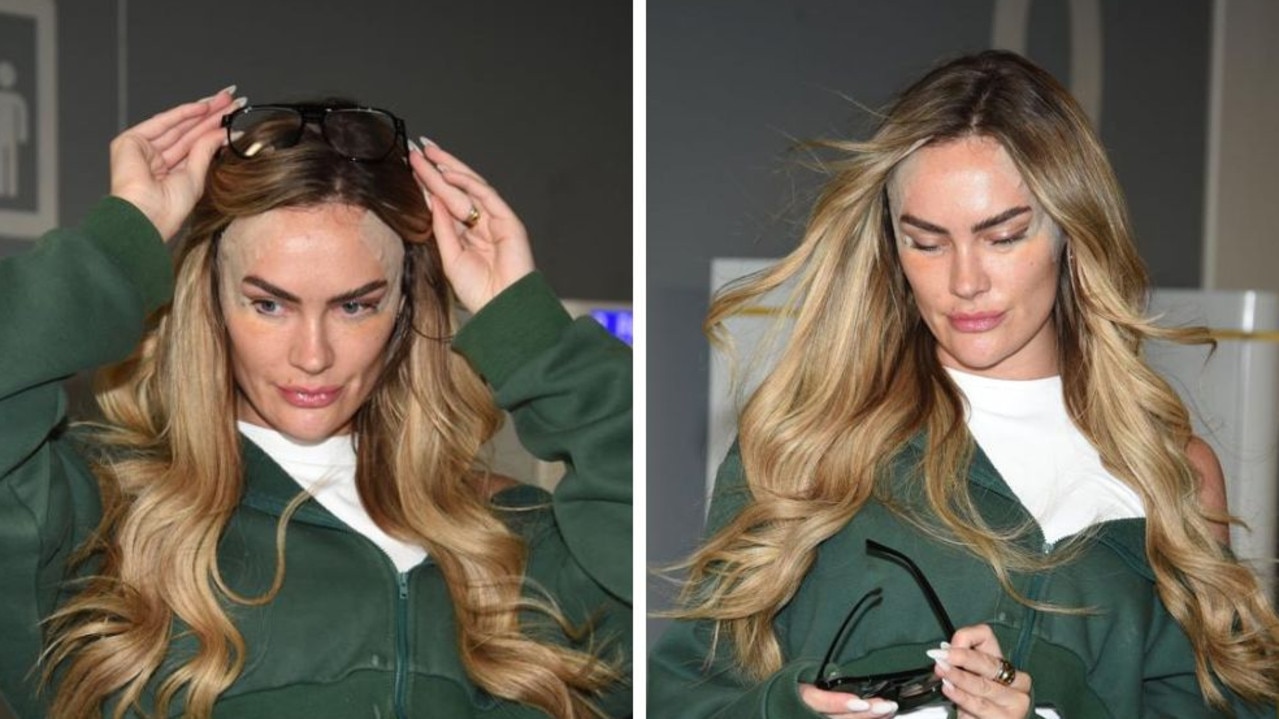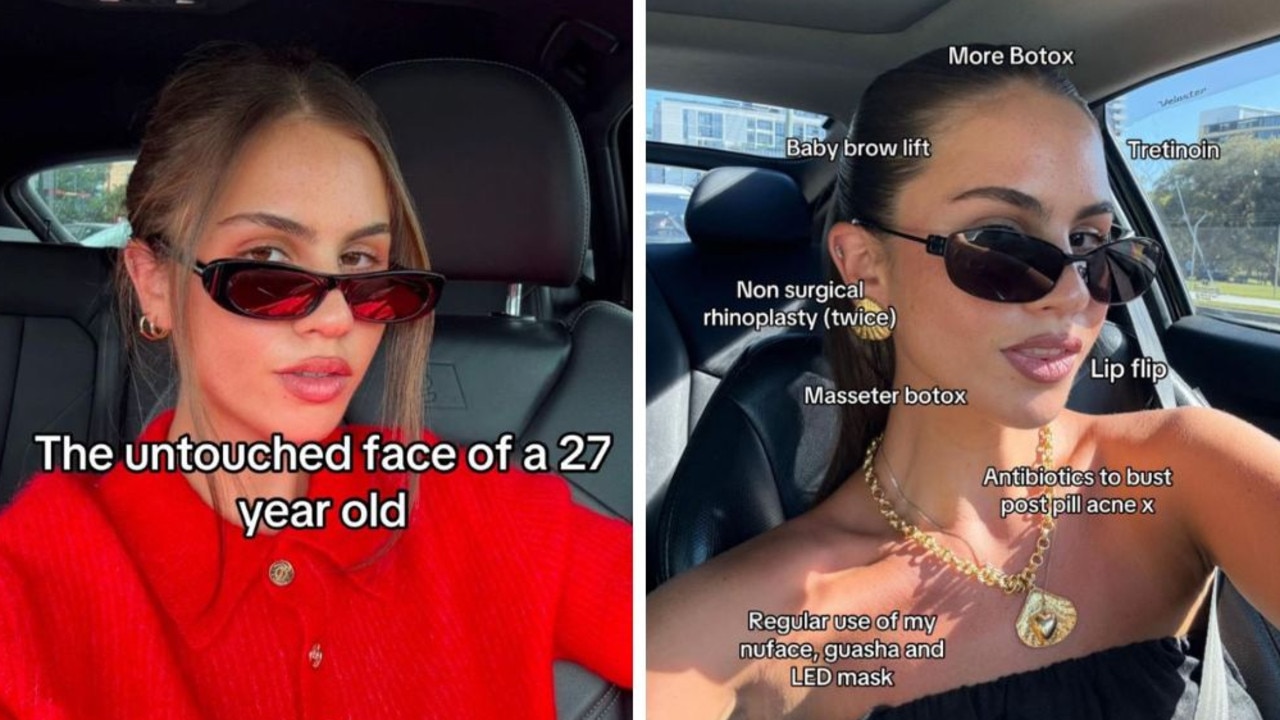NSW parliamentary inquiry into cosmetic surgery clinic advertising ‘boob jobs for cost of a coffee a day’
AN INQUIRY into questionable cosmetic surgery practitioners has revealed how one chain of clinics butchered patients after offering cheap boob jobs.
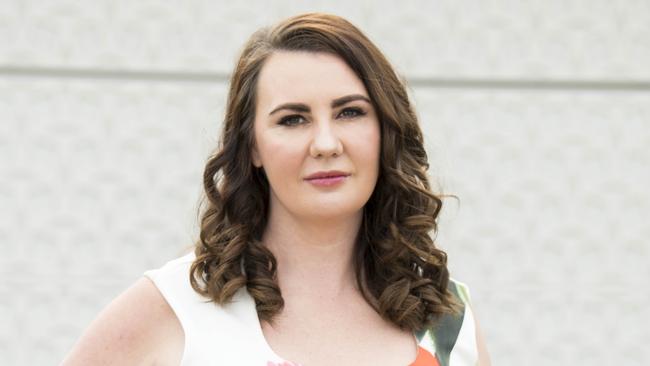
AUSTRALIA’S largest cosmetic surgery clinic is under fire for allowing unqualified surgeons to perform “boob jobs for the cost of a cup of coffee a day” and running its business “like a fast food franchise”.
The Cosmetic Institute (TCI), a popular chain of cosmetic surgery clinics, is at the centre of a NSW parliamentary inquiry being held this week into dodgy cosmetic surgery practices.
TCI is also being sued in a class action by about 240 women who claim botched operations left them with serious health consequences. One woman went into cardiac arrest after being given a high dose of local anaesthetic. Another now suffers seizures, while a third woman had to undergo emergency surgery.
The inquiry is looking into why anyone with a standard medical degree is legally allowed to perform cosmetic surgical procedures in Australia.
These should be performed by a plastic surgeon or a medical practitioner who has undergone proper training, the industry’s top bodies say.
But a lack of industry regulation and confusion about the term “cosmetic surgeon” means patients are handing over their bodies and cash to untrained doctors, with devastating and often lethal consequences.


‘THE McDONALD’S OF THE COSMETIC SURGERY INDUSTRY’
During the first day of the inquiry’s public hearings, former TCI cosmetic nurse Nicole Montgomery blew the lid on TCI’s business practices.
Ms Montgomery is the founder of Trusted Surgeons, an online platform that helps patients choose a qualified, well-recommended plastic surgeon.
She told the inquiry that TCI was the “McDonald’s of the cosmetic surgery industry” and that patients were lured into payment plans they couldn’t always afford.
That claim was echoed by Anthony Cheshire SC, who told the court the company was run “like a fast food franchise”.
“You’re talking about a low socio-economic group who are taking on a loan for $20 a week and getting a boob job for the cost of a coffee a day, that’s how it was advertised,” Ms Montgomery said, the ABC reported. “100 per cent, everything was commercialised and driven to increase revenue”.
Ms Montgomery told news.com.au earlier this year that the majority of the clinic’s customers paid for their procedures using a high-interest payment plan.
“Most plastic surgeons don’t advertise their costs. You go in for a consult and then they discuss price. But they were advertising $20-a-week breast augmentations that actually cost $5990. If you were a single mum on a pension you could pay off $20 a week for your boob job,” Ms Montgomery said.
Her organisation fields constant queries from women in a huge amount of debt to clinics and unable to pay for reparative surgery.
“Patients left with botched jobs can’t afford to fix the problem, because they were already in a huge amount of debt,” she said.
“Most people who called through did not have $6000 in the bank and when something went wrong they were already in debt. It’s unlikely any patient who came through could afford revision surgery by a plastic surgeon.
“People had complications post-surgery and patients were left backed into a corner. They couldn’t afford to have reconstructive surgery. They’ve gone into debt to get their life-changing surgery and give them the confidence they desire.
“I did all the post-operative care and I had women crying on the phone just devastated. Being a nurse and a woman, you feel empathy for these women, especially those who didn’t tell their parents or who are single mums and can’t afford reconstructive surgery.”
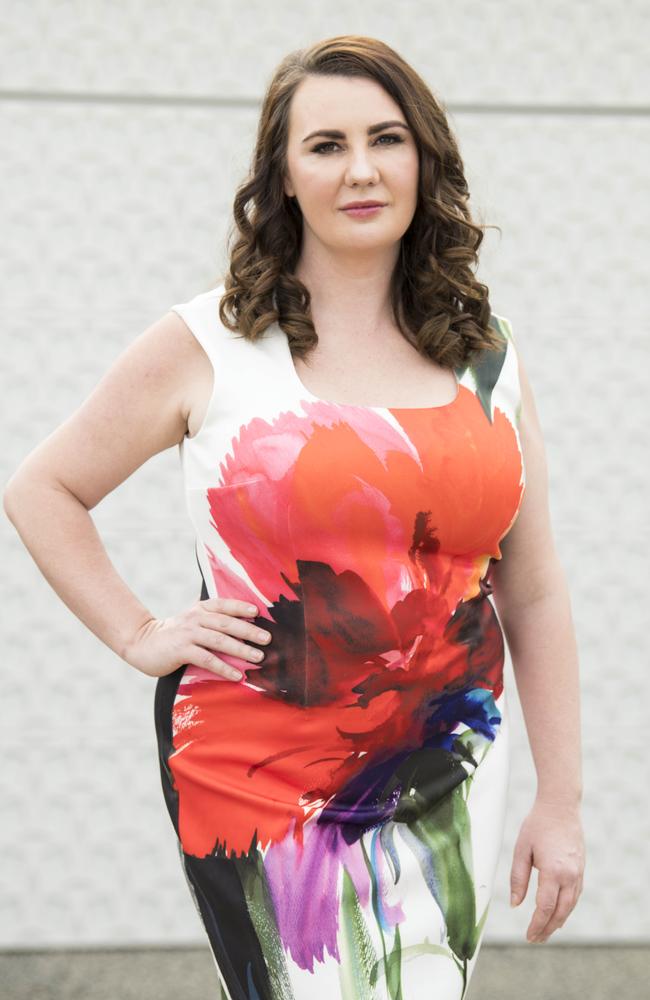
UNQUALIFIED DOCTORS ARE LEGALLY ALLOWED TO PERFORM SURGERY
Ms Montgomery also told the inquiry that the people performing surgery were not properly qualified.
“None of the people I worked with were actually surgeons until closer to the end — they had no experience or training in cosmetic surgery,” she told the inquiry.
“We had one surgeon who had every single patient get an infection for the first month … until they learned to suture.
“Post-operatively when something went wrong … [clients] very quickly realised that it wasn’t actually a surgeon and this person didn’t have the scope of practice to resolve their issue.”
On its website, The Cosmetic Institute claims it abides by all NSW cosmetic surgery laws.
Australian Society of Plastic Surgeons president Professor Mark Ashton says clear industry regulations are needed to prevent more botched procedures from taking place.
“We’re concerned about the lack of clarity and transparency around the term ‘cosmetic surgery,’” Prof Ashton said.
“Many people are advertising themselves as cosmetic surgeons when they have undergone little or no formal training in surgery.
“There are a lot of people promoting themselves beyond their level of expertise and the community as a whole is very confused about what the term ‘cosmetic surgeon’ actually means.”
MORE: What you need to know before undergoing cosmetic or plastic surgery
THERE’S NO SUCH THING AS A COSMETIC SURGEON
“Strictly speaking, nobody should use the term cosmetic surgeon at all. It’s not a title that’s recognised by the Medical Board of Australia,” the Cosmetic Physicians College of Australasia spokeswoman Dr Mary Dingley told news.com.au earlier this year.
You’re either a plastic surgeon or a cosmetic medicine practitioner.
“You can say that you perform cosmetic surgery, but you can’t actually use the title ‘cosmetic surgeon’. I’m not a surgeon, I only perform non-surgical procedures so I call myself a cosmetic medicine practitioner,” Dr Dingley said.
But the temptation to capitalise on the booming popularity of cosmetic procedures means doctors with different qualifications are rebranding themselves as cosmetic experts.
News.com.au has heard of cases where cardiovascular surgeons or gastroenterologists deem themselves qualified to perform breast augmentations.
“Any doctor, any person with an MBBS [a Bachelor of Medicine and a Bachelor of Surgery] is entitled to perform surgery that they feel competent and trained to do,” Dr Dingley said.
“We have people who don’t have any kind of qualifications at all who feel they are capable of making cuts in people’s skin. Often they’re doing these in a beauty salon or even in their own homes, without access to proper, approved products, sterile equipment and proper facilities.
“They could be using a product that’s labelled as Botox but it’s saltwater. It could be non-sterile. We just don’t know, because it hasn’t been tested and approved.”
Anyone looking to undergo a procedure should consult the relevant industry body and ensure their surgeon is fully qualified, industry experts say.
The inquiry continues today.


